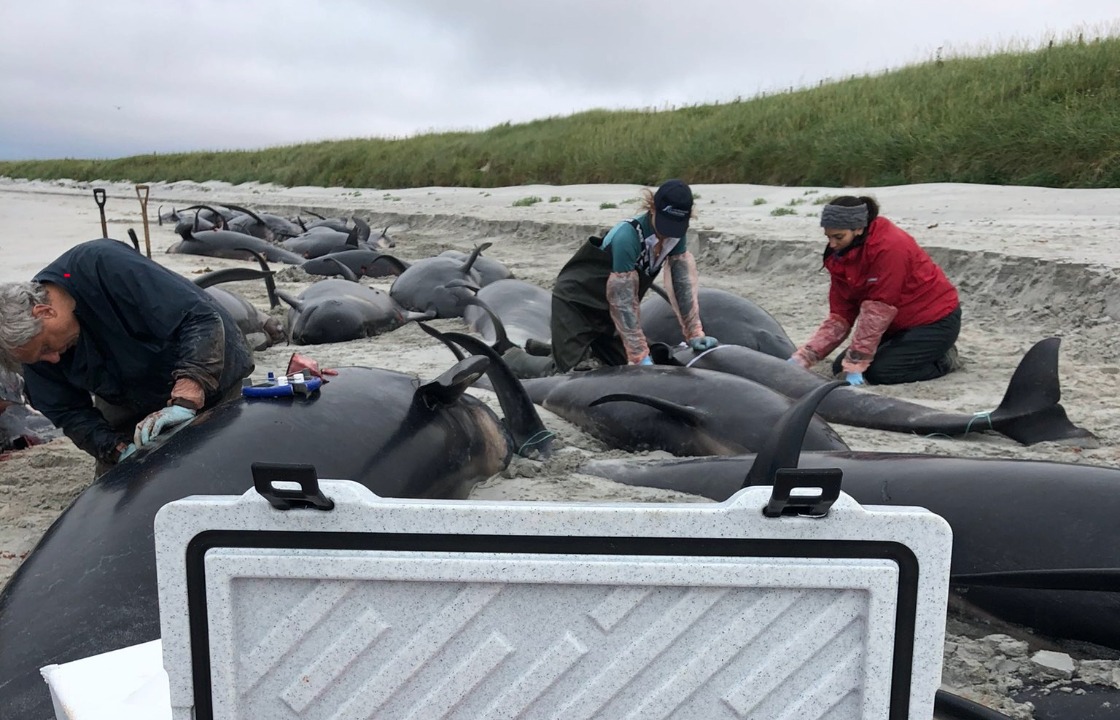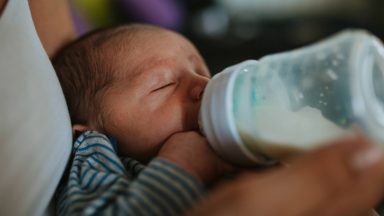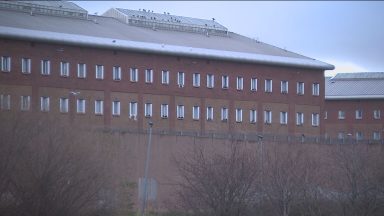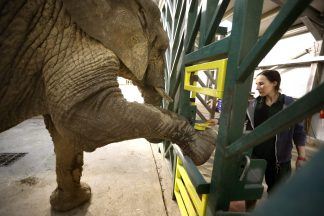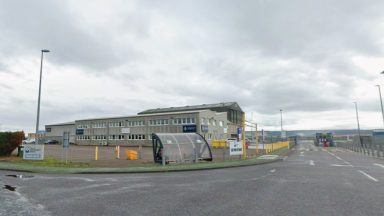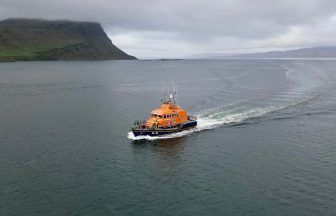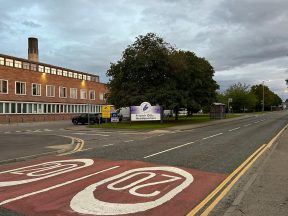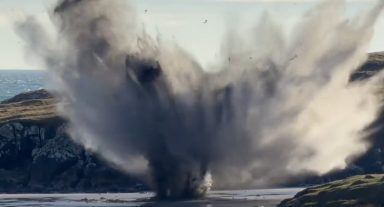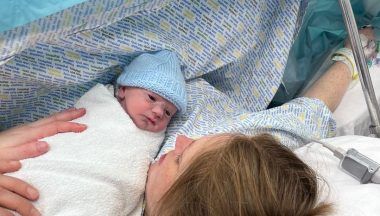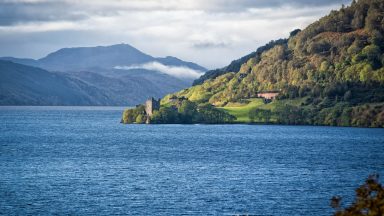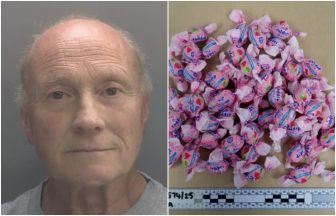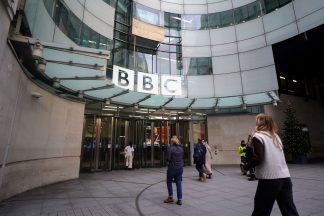Work is continuing to determine the cause of the “catastrophic” mass standing of 77 whales on Orkney.
The Scottish Marine Animal Stranding Scheme (SMASS) is leading an investigation with the help of experts from across the field, including from the Institute of Zoology.
The team on the isle of Sanday had carried out 36 autopsies by Sunday evening with extensive sampling carried out on the remaining 41 animals looking at reproduction, feeding and overall health.
All of the pilot whales underwent core sampling on the first day of investigations.
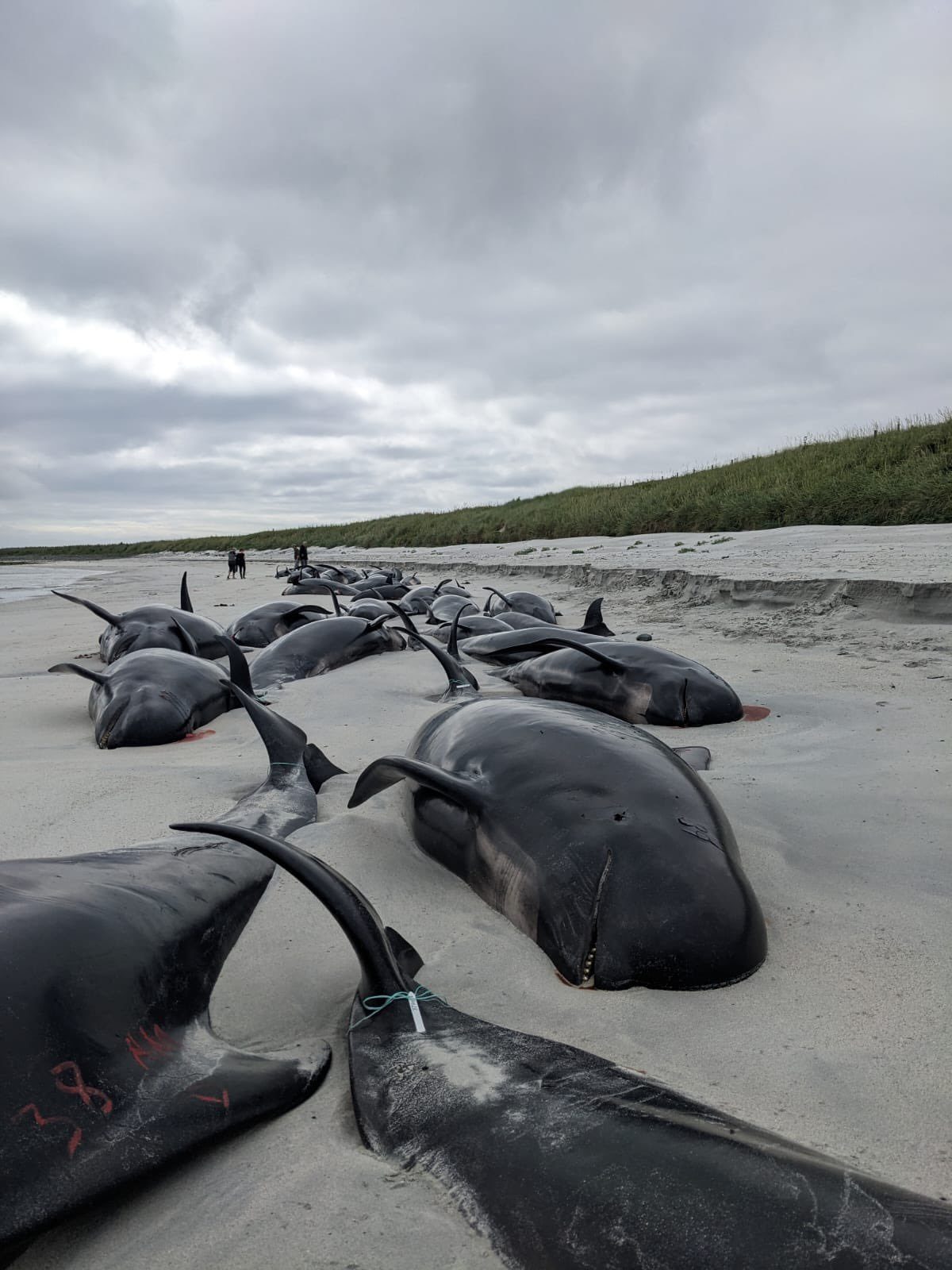 SMASS
SMASSMariel ten Doeschate, a research associate with SMASS, said experts had seen a pattern emerging with some animals with fresh stomach contents and others with none.
Ms Doeschate said the find could possibly indicate “clan aggregation”.
Stranding expert Rob Deaville said the samples would be “hugely valuable”.
He explained: “Huge amount of valuable data and samples collected over the last few days which will help shed light not just on this mass stranding, but also allow us to learn more about the lives of these whales.”
Plans for the whale carcasses have yet to be confirmed after burial at sea was ruled out following advice from environmental regulators.
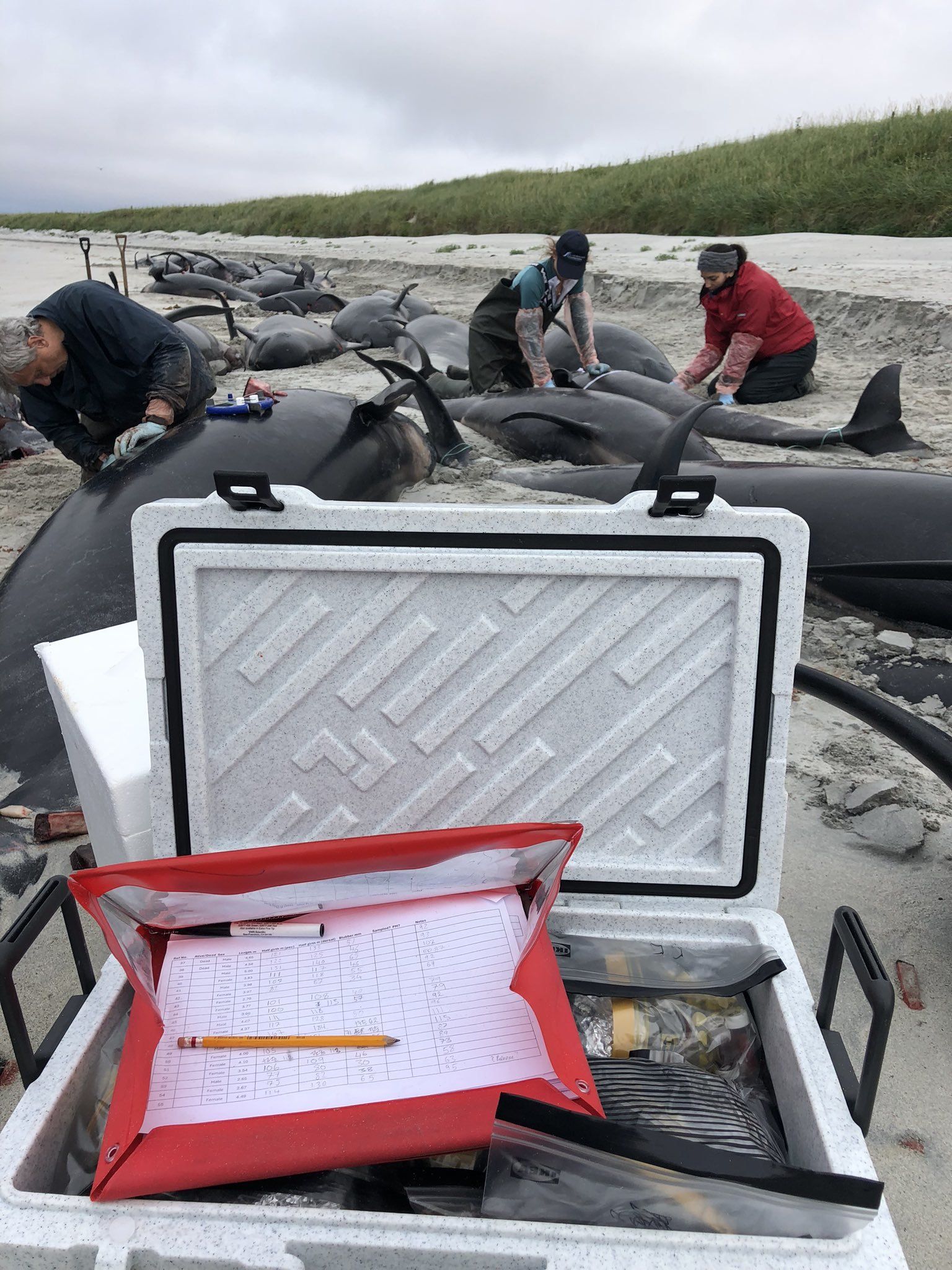 SMASS
SMASSOrkney Council is now exploring options of burial on the island with a minimum of eight different sites needed to meet the requirements of SEPA.
A spokesperson for the council said: “Landowners have been coming forward and meetings have been taking place.
“With over 700 known archaeological sites on Sanday, the final sites that are chosen will be determined following archaeological tests – but burial will begin as soon as practicable.
“The community response that came into effect following this incident has been, and continues to be, incredible in some very difficult circumstances – and we thank all for their efforts.”
The pod was discovered on Thursday morning with 65 of the whales already confirmed dead.
A further 12 were euthanised by experts after their conditions deteriorated throughout the day.
The Zoological Society of London said: “Nobody would ever wish for this catastrophic event. With Scottish Marine Animal Stranding Scheme (SMASS) and our ZSL team supporting them, this investigation will provide key learnings – by performing necropsies and collecting samples and data.”
Follow STV News on WhatsApp
Scan the QR code on your mobile device for all the latest news from around the country


